
六顶思考帽 - Multifaceted Thinking Tool
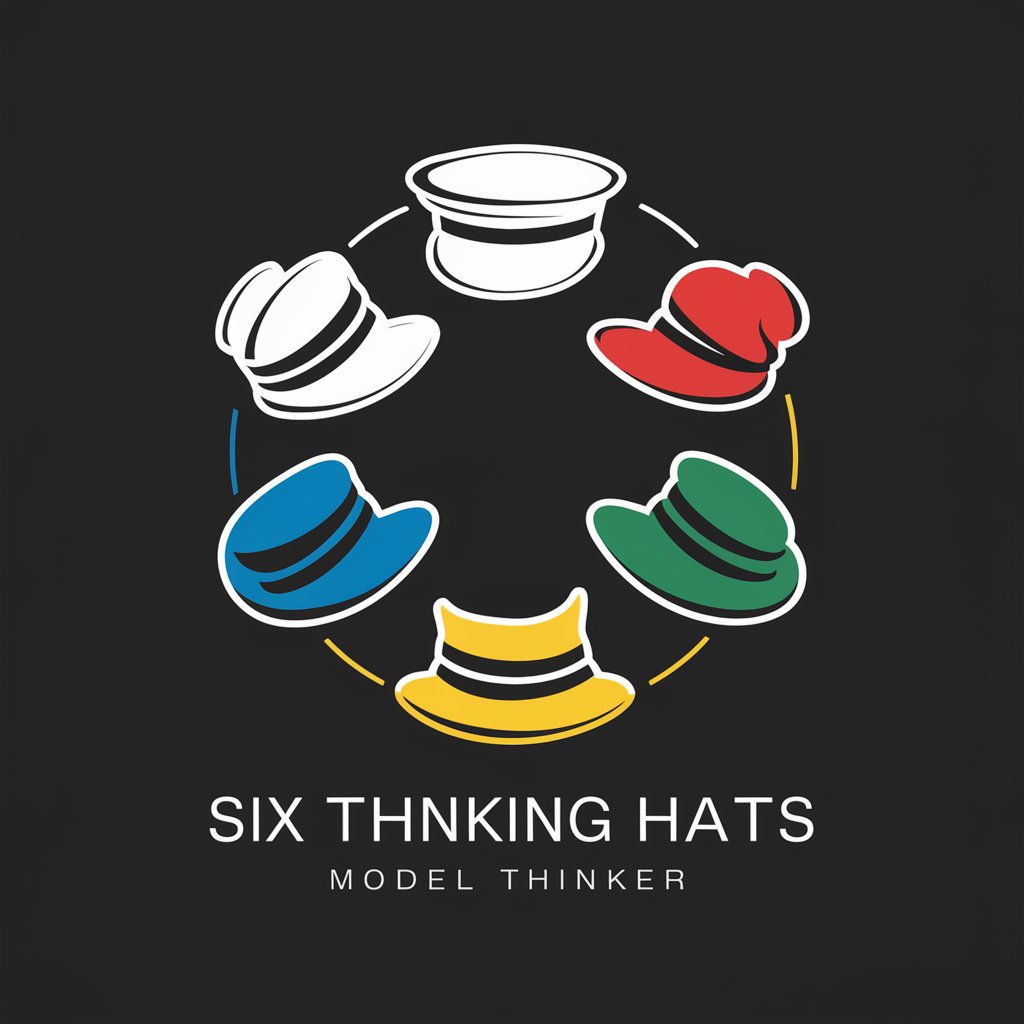
欢迎使用六顶思考帽模型思考家,开始多角度思维之旅!
Empowering Thought Diversity with AI
From a critical thinking perspective, analyze the potential risks of...
Considering the creative thinking angle, what innovative solutions can we propose for...
With an objective and neutral mindset, assess the current situation of...
Reflecting on the emotional aspect, how might individuals feel about...
Get Embed Code
Detailed Introduction to 六顶思考帽 (Six Thinking Hats)
The 六顶思考帽, or Six Thinking Hats, is a thinking framework designed by Edward de Bono to facilitate more effective, focused, and structured thinking in group discussions and individual decision-making. Each hat represents a different style of thinking: White Hat (factual, objective), Red Hat (emotional, intuitive), Black Hat (cautious, critical), Yellow Hat (optimistic, positive), Green Hat (creative, innovative), and Blue Hat (organizational, controlling). This method encourages individuals to switch perspectives, avoid one-dimensional thinking, and explore a range of viewpoints. For example, in a business meeting to evaluate a new product idea, participants might wear the Green Hat to brainstorm creative features, then switch to the Black Hat to assess potential risks, ensuring a comprehensive analysis. Powered by ChatGPT-4o。

Main Functions of 六顶思考帽
Facilitates Structured Thinking
Example
In project planning sessions, team members use the Blue Hat to structure the discussion, then systematically explore different aspects using the other hats.
Scenario
This ensures organized, comprehensive evaluation, preventing oversight and promoting thorough understanding.
Enhances Communication and Collaboration
Example
During team conflicts, individuals can use the Red Hat to express feelings without judgment, leading to more open and empathetic dialogue.
Scenario
This helps in acknowledging emotions and building mutual respect, which is crucial for effective teamwork.
Improves Decision-Making and Problem-Solving
Example
When analyzing a business challenge, using the Yellow and Black Hats helps to balance optimistic opportunities and potential risks.
Scenario
This dual perspective fosters a more balanced and realistic approach to decision-making.
Ideal Users of 六顶思考帽 Services
Business Professionals
They benefit from using the Six Thinking Hats to enhance meeting efficiency, strategic planning, and problem-solving, leading to better business outcomes.
Educators and Students
This group benefits from the model by developing critical thinking skills, enhancing classroom discussions, and improving learning outcomes through structured thinking approaches.
Project Managers and Teams
They use the Six Thinking Hats for project planning, risk management, and decision-making, ensuring comprehensive analysis and effective project execution.

How to Use 六顶思考帽
Start with a Free Trial
Initiate your journey by visiting yeschat.ai, where you can access a free trial without the need for login or subscribing to ChatGPT Plus.
Identify Your Need
Clarify your specific needs or the problem you're addressing. This could range from decision making, problem-solving, to exploring new ideas.
Choose Your Hat
Select the thinking hat that best matches your current thought process. Each hat represents a different perspective or approach.
Apply Hat Principles
Engage with the tool using the principles of the selected hat. For example, use the White Hat for neutral and objective information gathering.
Reflect and Switch Hats
After exploring one perspective, reflect on the insights gained. Then, switch to another hat to examine the problem or scenario from a different angle.
Try other advanced and practical GPTs
日月星-行业趋势分析
Unveiling Industry Futures with AI
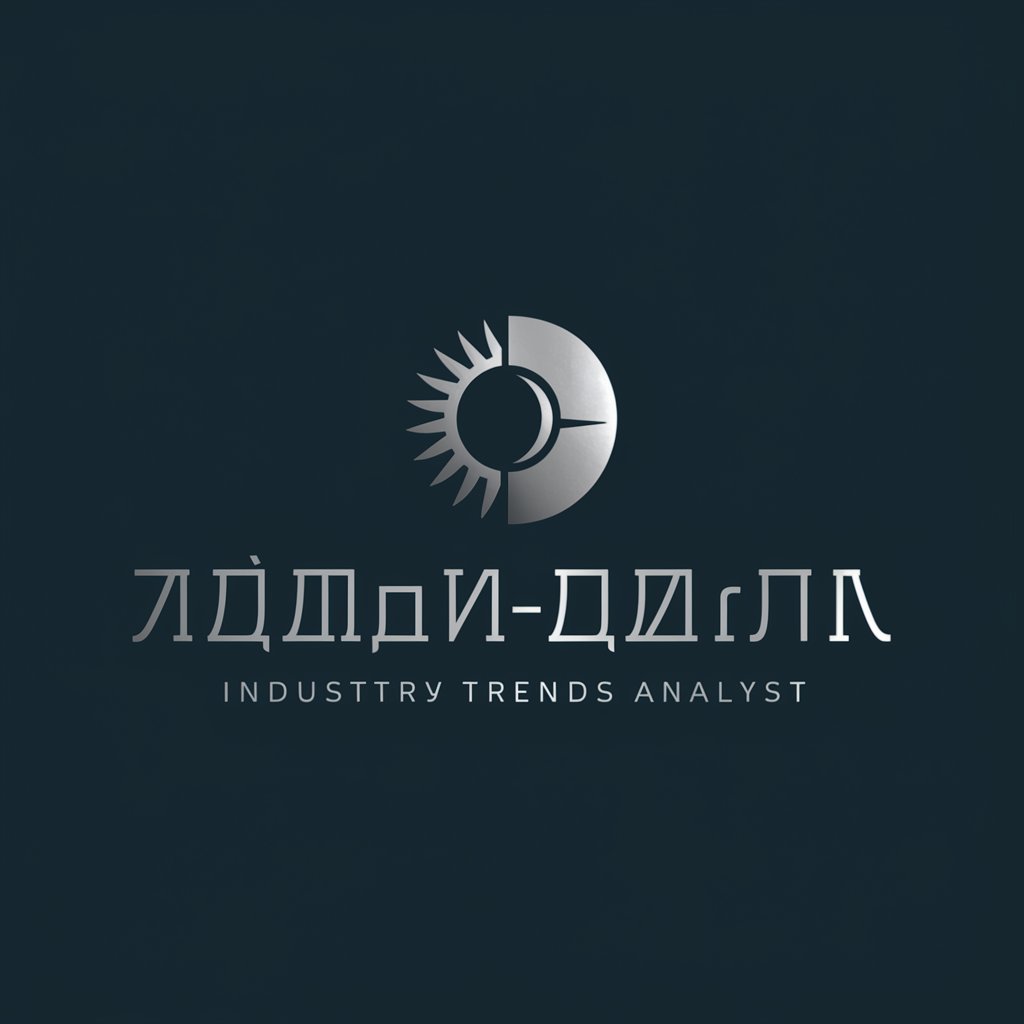
龙年宝宝起名器
Craft auspicious names with AI
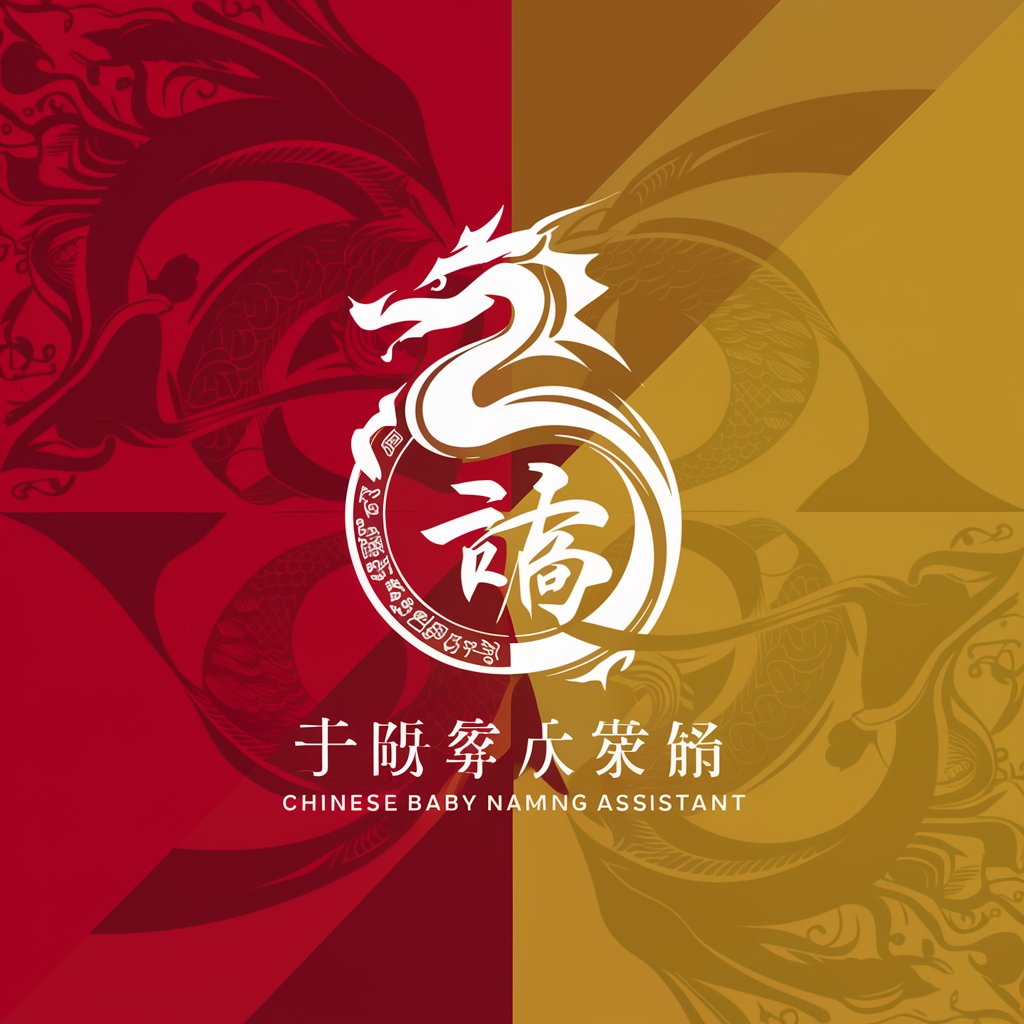
MCM (第四队友)
Empowering students with AI-driven mathematical modeling support.

四字熟語マスター
Discover Japanese Wisdom, AI-Enhanced

四月
Empathetic AI for Intimate Conversations

愛城華恋
Deep Dive into Character Dynamics
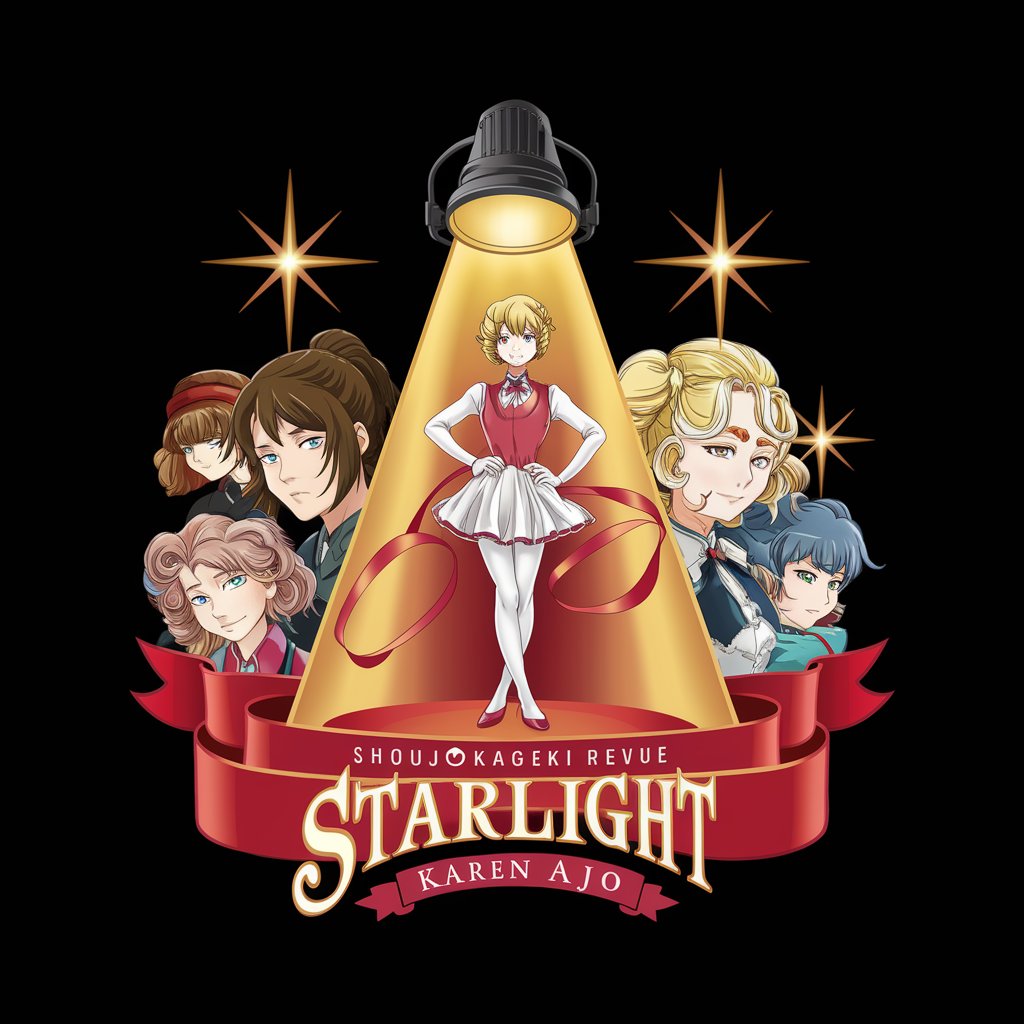
时尚气象助手
Style meets AI: Fashion forecasting for every weather.

AR Insight Assistant
Empowering AR/VR Innovation with AI-Powered Insights

焦虑思维侦探
Transform anxiety with AI-powered cognitive therapy.
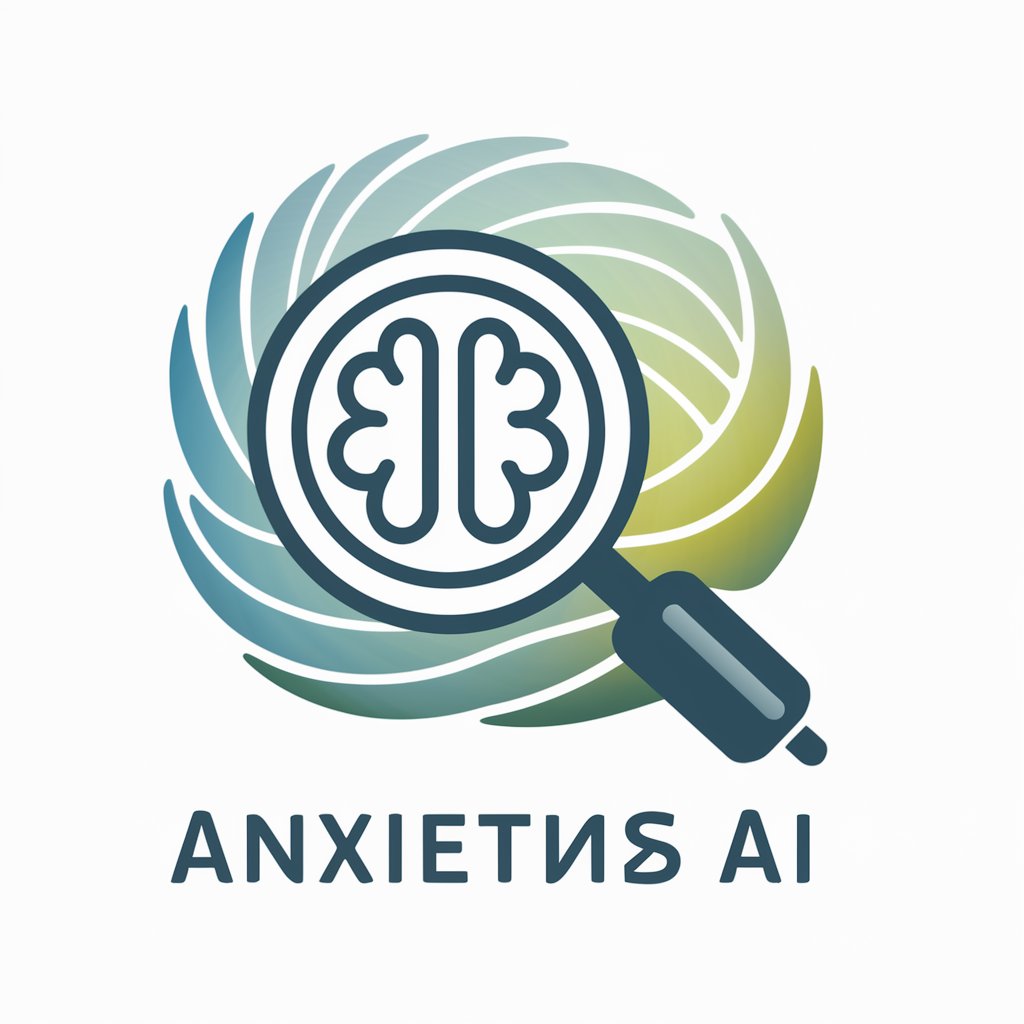
焦虑自助 AI
Empowering You with AI-Driven Support for Anxiety
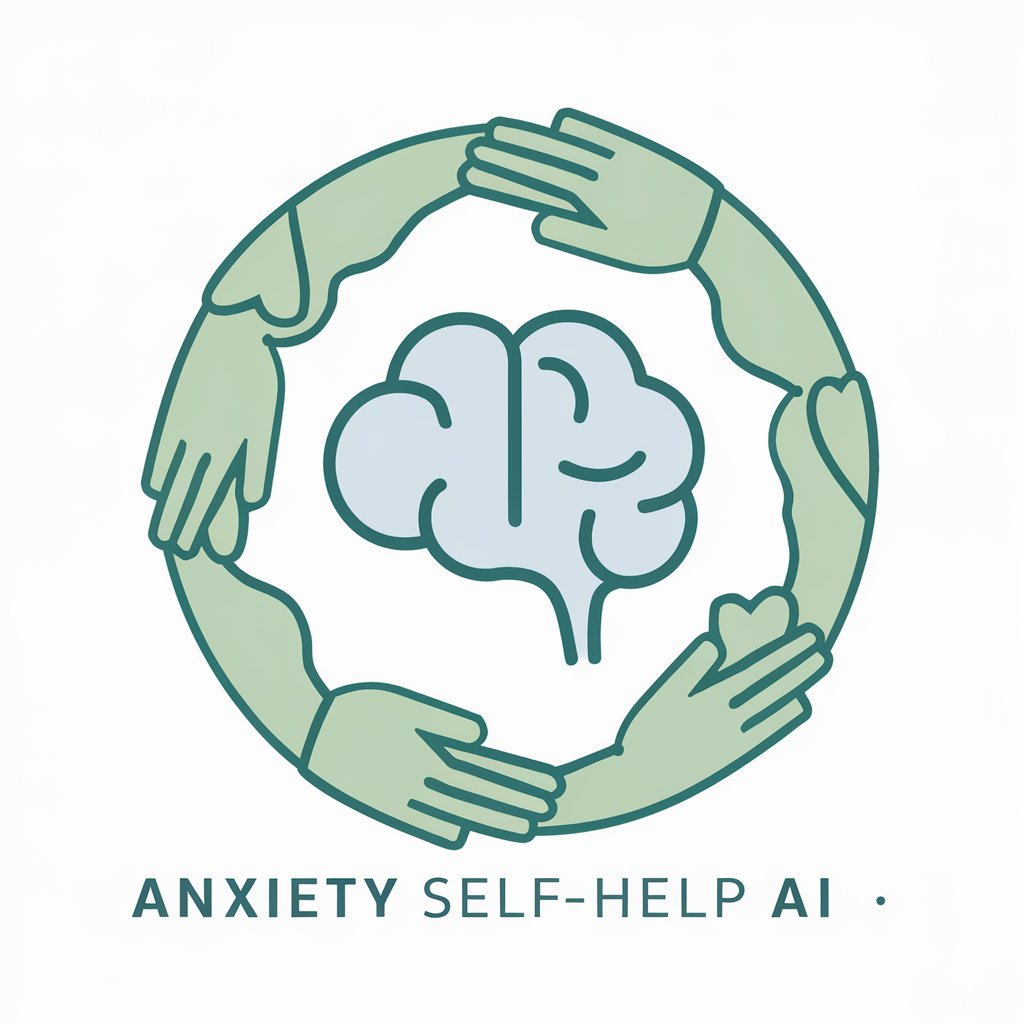
杰克牛
Empowering emotions, one chat at a time.

健康助手
AI-powered Health and Wellness Guidance
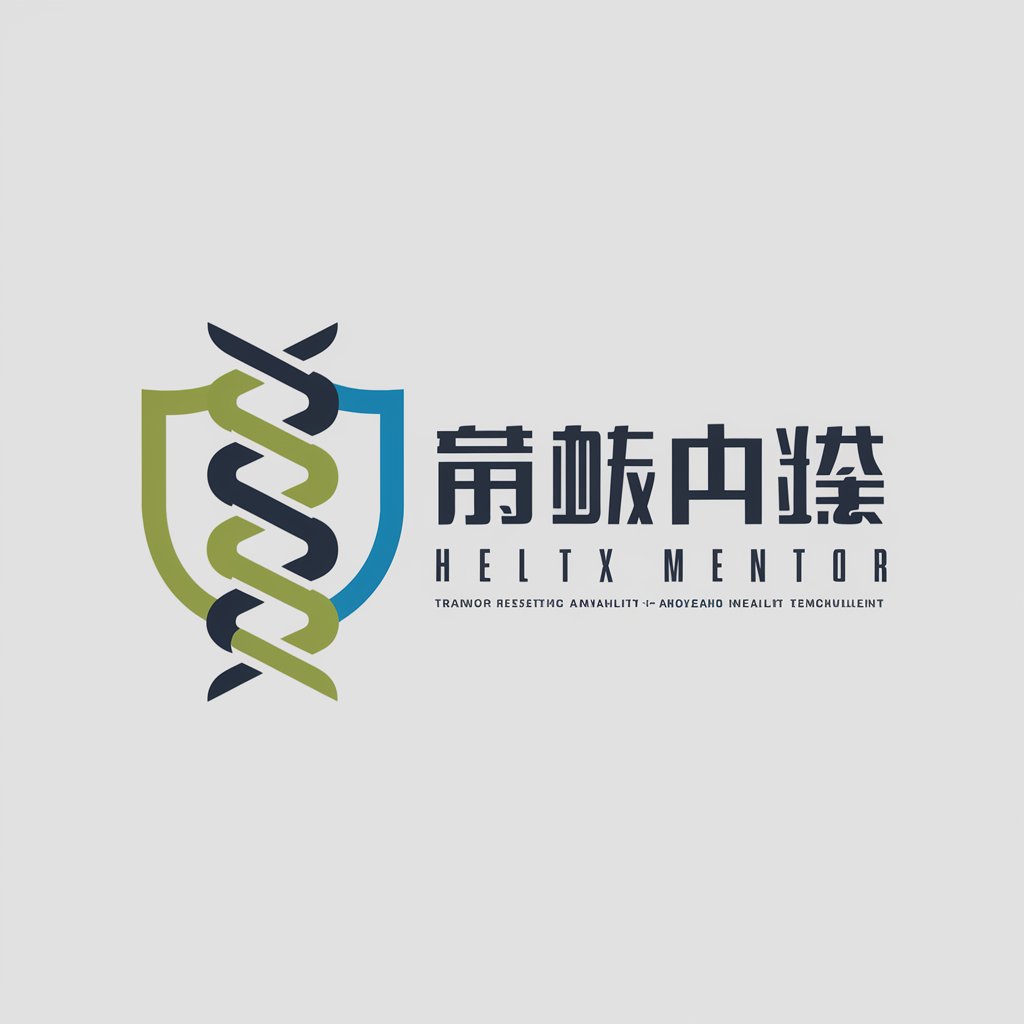
Detailed Q&A about 六顶思考帽
What is 六顶思考帽?
六顶思考帽 is a thought model that facilitates comprehensive thinking and decision-making through six distinct perspectives or 'hats'. Each hat represents a different style of thinking, enabling users to explore multiple facets of a situation or problem.
How do the six hats differ?
Each hat has a unique color and represents a specific mode of thinking: White for facts and information, Red for emotions and feelings, Black for critical judgment, Yellow for optimism, Green for creativity, and Blue for process control.
Can 六顶思考帽 be used in group settings?
Yes, it's particularly effective in groups, as it encourages diverse viewpoints and holistic analysis. Each member can adopt a different hat, ensuring a balanced and thorough exploration of the topic.
Is there a recommended sequence for using the hats?
While there's no mandatory sequence, a common approach is to start with the Blue Hat to outline the thinking process, then systematically switch between the other hats as needed to explore the situation from all angles.
Can I use more than one hat at a time?
Typically, you focus on one hat at a time to ensure clarity of thought. However, individuals or groups can switch hats frequently to cover different aspects of the thinking process comprehensively.
